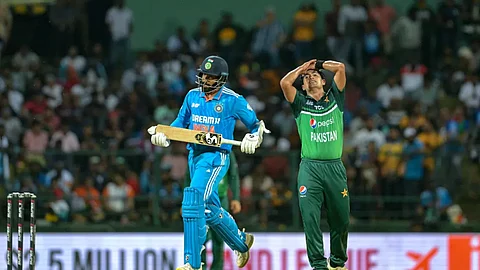

India has secured support from Sri Lanka and Afghanistan in its push to relocate the Asian Cricket Council (ACC) Annual General Meeting (AGM) away from Dhaka, intensifying a standoff with Pakistan that could impact the upcoming Asia Cup. The AGM, chaired by Pakistan Cricket Board (PCB) president and ACC chief Mohsin Naqvi, was originally scheduled for July 24–25 in Dhaka. However, due to rising diplomatic tensions—especially between India and Bangladesh—the Board of Control for Cricket in India (BCCI) has demanded a venue change and now has backing from two other key Test-playing members.
According to the ACC constitution, a quorum requires the presence of at least three permanent Test-playing members from India, Pakistan, Bangladesh, Sri Lanka, and Afghanistan. With India, Sri Lanka, and Afghanistan refusing to attend the meeting in Dhaka, the legitimacy of the AGM is now in question. Additionally, at least 10 full or associate members must participate for the meeting to proceed, but several members, including Oman, Nepal, Malaysia, and Singapore, are reportedly unlikely to attend, further complicating the quorum situation.
The PCB and Naqvi remain firm on keeping the venue in Dhaka. Reports suggest Naqvi even skipped the ICC Annual Conference in Singapore to try to win Afghanistan’s support for Dhaka. However, Afghan officials have confirmed they support the India-led group and will not travel to Dhaka.
Within the Bangladesh Cricket Board (BCB), officials recognize that the issue has become a “geopolitical matter.” While some BCB directors were reluctant to take any steps that could upset the BCCI, acting BCB president Aminul Islam decided not to withdraw from the meeting after pledging support to the PCB.
This conflict has serious implications for the Asia Cup, scheduled for September in the UAE. If the ACC proceeds with the Dhaka AGM without the necessary support, the BCCI has warned it may boycott both the meeting’s resolutions and the Asia Cup itself, potentially jeopardizing the tournament’s commercial success and participation.